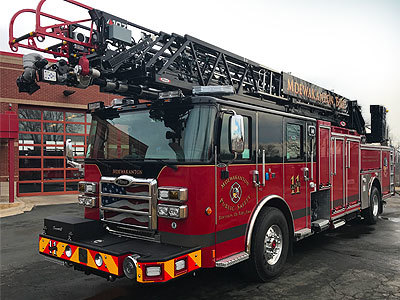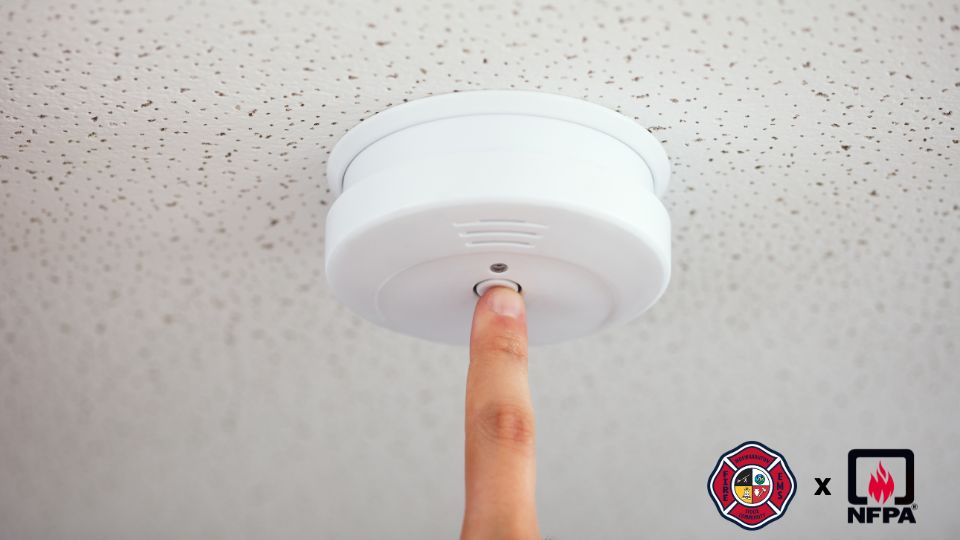Mdewakanton Public Safety and fire departments across the country will recognize Fire Prevention Week, October 6-12, with a theme of “Smoke Alarms: Make Them Work for You.”
Smoke alarms are an important part of a home fire escape plan. When there is a fire, smoke spreads fast. Working smoke alarms give you early warning, so you can get to safety quickly.
Here are some helpful tips for smoke alarms at home.
*Install smoke alarms in every bedroom. They should also be outside each sleeping area and on every level of the home, including the basement. Large homes may need extra smoke alarms.
*It is best to use interconnected smoke alarms. When one smoke alarm sounds, they all sound.
*Test all smoke alarms at least once a month. Press the test button to be sure the alarm is working.
*Current alarms on the market employ different types of technology including multi-sensing, which could include smoke and carbon monoxide combined. Today’s smoke alarms are technologically advanced to respond to a multitude of fire conditions yet mitigate false alarms.
*A smoke alarm should be on the ceiling or high on a wall. Keep smoke alarms away from the kitchen to reduce false alarms. They should be at least 10 feet from the stove.
*People who are hard-of-hearing or deaf can use special alarms. These alarms have strobe lights and bed shakers.
*Replace all smoke alarms when they are 10 years old.
About Fire Prevention Week
Since 1922, the National Fire Protection Association has sponsored the public observance of Fire Prevention Week. In 1925, President Calvin Coolidge proclaimed Fire Prevention Week a national observance, making it the longest-running public health observance in our country. During Fire Prevention Week, children, adults, and teachers learn how to stay safe in case of a fire. Firefighters provide lifesaving public education in an effort to drastically decrease casualties caused by fires.
Did You Know?
Approximately three out of every five fire deaths occur in homes with no smoke alarms or no working smoke alarms.


 Contact Us
Contact Us